Anybody that breathes air, drinks water, swims, fishes, hunts, enjoys wildlife watching or just visiting state and national parks should be concerned about the environmental setbacks that have occurred during the last few years. Wildlife and fish populations will likely decline from increased pollution and habitat destruction resulting from reduced protection for our waterways and public lands.
Harvard Law School’s Environmental and Energy Law Program (EELP) staff succinctly describe the history of more than 80 critically important environmental rollbacks, including current status on EELP's website: https://eelp.law.harvard.edu/regulatory-rollback-tracker/. Just a few of these include:
Formal notice given to withdraw from the Paris Climate Agreement.
Scaled back pollution protections regulated under the Clean Water Act.
Weakened application standards and protections for wildlife under the Endangered Species Act.
Weakened a rule designed to limit toxic emissions from major industrial polluters.
Rejected a proposed ban on chlorpyrifos, a pesticide linked to developmental disabilities in children.
Narrowed the scope of a law mandating safety assessments for potentially toxic chemicals.
A proposal to open oil and gas exploration for many coastal areas
Rescinded water pollution regulations for fracking on federal and Indian lands.
Reduced many protections of fragile ecosystems in America’s national parks, wildlife refuges, forests, and other public lands.
Please take time to learn about more environment rollbacks at the website link above.
